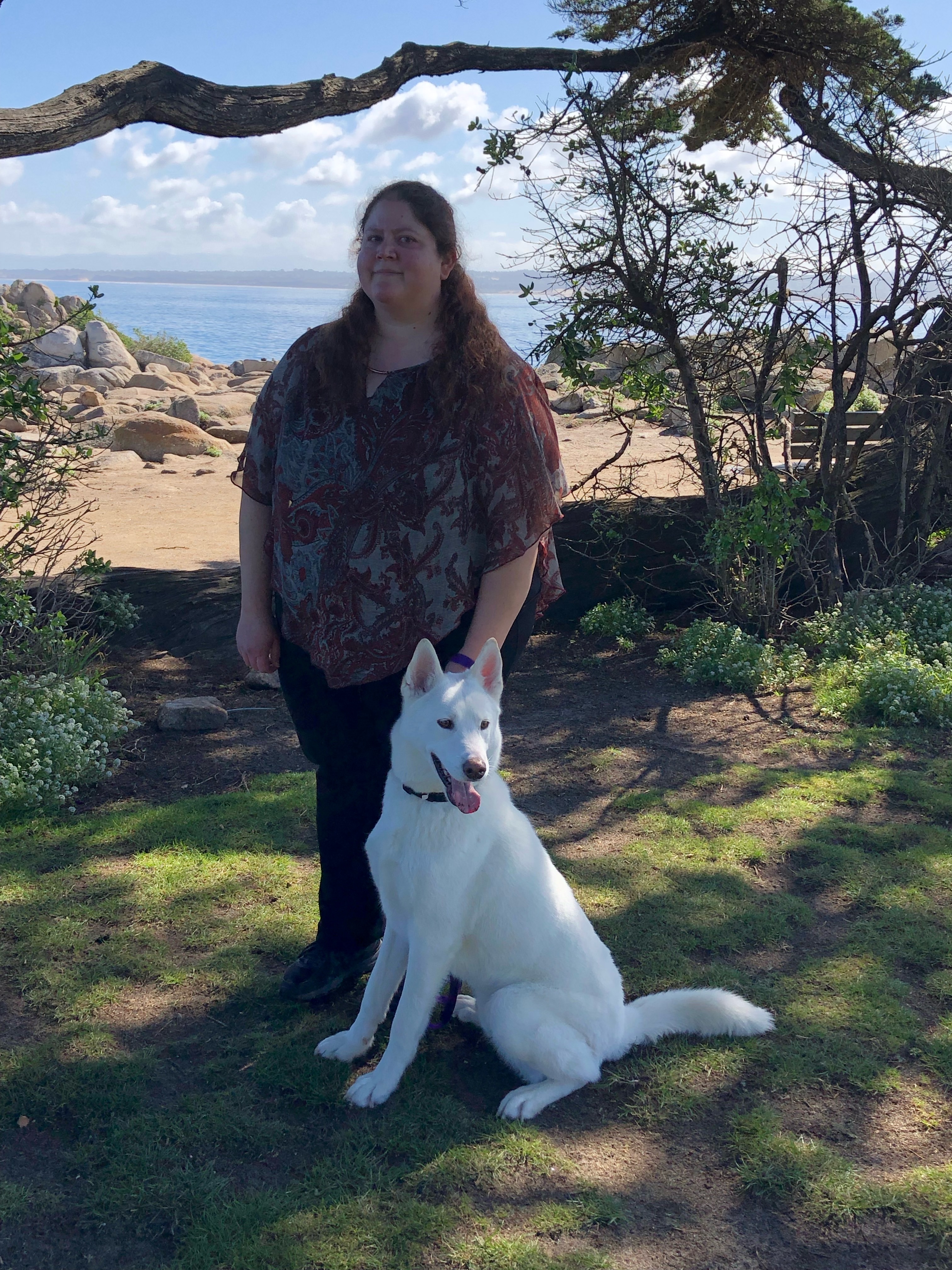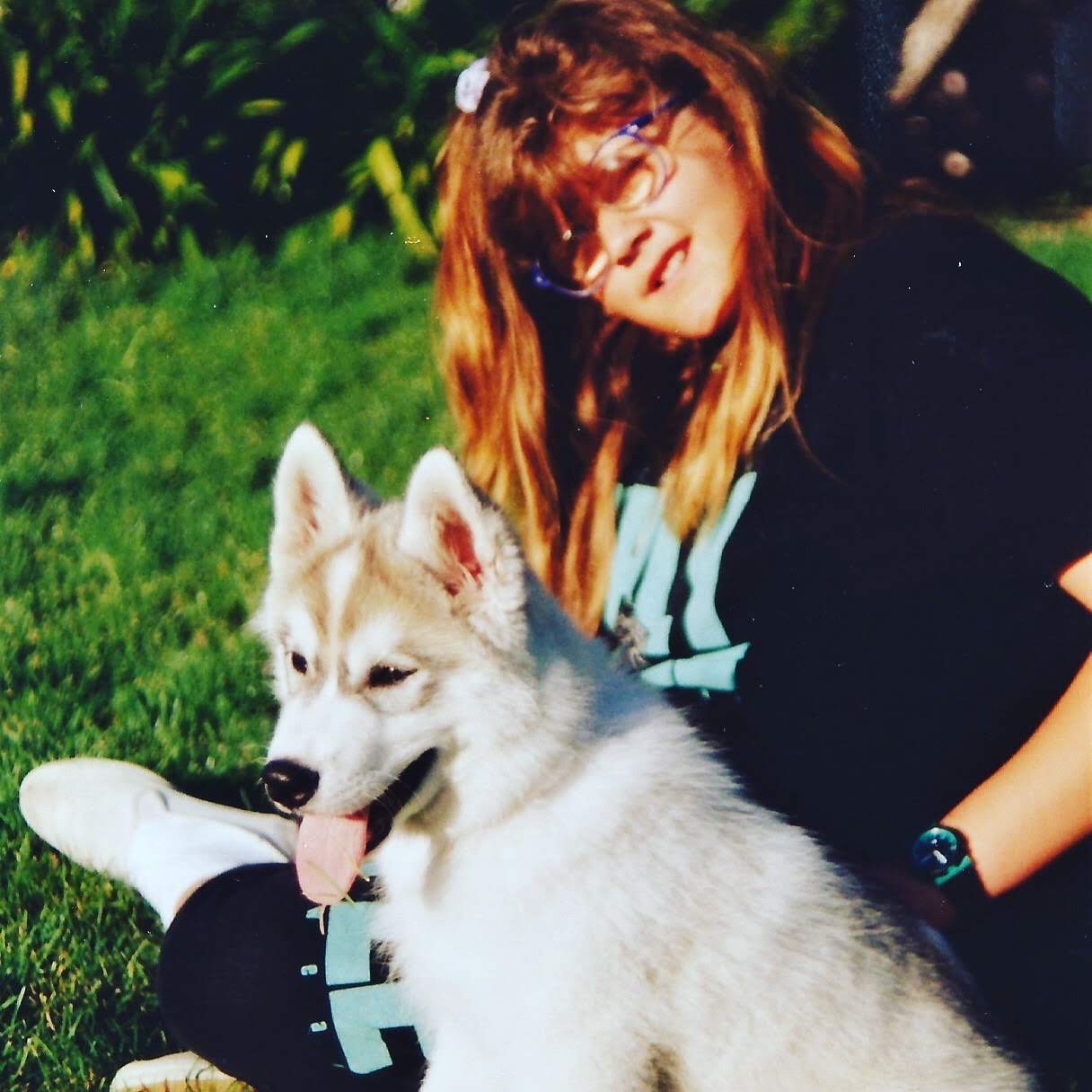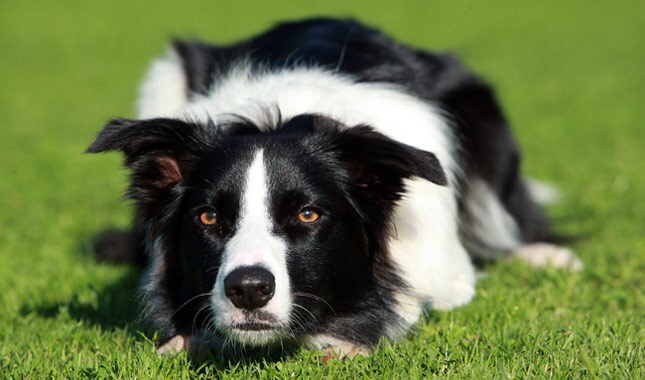Someone asked me recently, “What makes YOU so special?” And, honestly? I love this question! There is something different about me and it does contribute to how and why I work so well with animals – and humans!
I’m a very calm, confident person and I give off that energy to those around me. Dogs are pack animals and appreciate a leader who knows “the way out of the woods,” so-to-speak. A leader who can handle any situation with confidence and ease – so they don’t have to.
Energy! It’s all about the energy that I give off and even use to communicate with.

I also have a very good grasp of emotions happening; inside of me or within the people around me. I tend to keep myself very positive-neutral and under control – which translates to “leader” in dogs. The confidence I have, and my restraint from having emotional reactions come from years of my own work in self-reflection and understanding the brain and body coherence.
If a dog is acutely aware of their present self and physical body position / motion, why can’t we be the same? It’s because we’ve become distracted, it’s been trained out of us. I have learned to enhance and utilize it to work for me, with animals, children, and the non-verbal in general.
And Yes, I do use this same form of self-energy control and distribution to communicate as well. This is a bit more tricky to explain and teach; however, it’s something that we are all capable of. Everybody has the potential – it’s in our code. It’s the same as your gut feelings, your intuition – your Spidey-Senses! You’ve even experienced it before without being aware. Picture this…
You’ve just gotten out of a late night class. The campus is empty and dark. When you showed up earlier, the parking lot was full – so you had to park in the far back. As you pass one of the buildings you see a dark figure leaning against the wall, nobody else is around and suddenly you feel very anxious to get to your car. Your pace quickens, your footsteps pounding in your ears. Your breathing becomes quick and shallow. Your lonely car out there in the lot, by itself in the dark seems to be so far away; it feels like someone is looming right over your shoulder – about to grab you!
The very next morning news gets to you that a building on your campus was broken into. The very same building you saw the figure the night prior. You felt something was wrong, you knew something was off about that place, that person, that time. You don’t know why or how, but you acted on that feeling by getting to your car quickly, your brain pumping your body full of adrenaline to give you the strength and speed to complete your one and only task of survival.
It’s instinctual and can be fine-tuned to your advantage whenever you need it.
Alternatively – You’ve just walked into a new school on day 1. You look around the room for an empty seat, trying not to be noticed. When you lock eyes with a new stranger and they smile. It’s as if a light has shone upon them; all your nerves disappear, you smile easily and suddenly you feel relaxed and excited to start this new year. The two of you have now been the best of friends (or lovers) for 25 years.
I just happened to notice that animals responded much quicker and easier to it all than people did. Though people absolutely can and do – just as well!
I have been particularly sensitive to these types of moments and feelings since I was a very young child. It’s a silent language that we all are capable of speaking. I just happen to have practiced quietly, internally, since I can remember. Being a child whose vision depended on being extremely observant of my environment, situations, motions, emotions, behaviors and the people around me certainly helped my case. I had to rely on those senses and energy shifts and changes to tell me how to react and adapt in my life.

Energy shifts are the way of animal language:
The deer NEVER needs to walk up to the wolf and ask if he is a friend. He just knows. Zebra know the exact moment to run; the moment the lion has chosen to chase. Instinctual energies have a very palpable feel to them, and as soon as you learn to recognize and read them, is when you can be several steps ahead of the creature you’re working with.
I do my best to teach this to every one of my clients.
Every time I’ve had a dog on lead who’s decided to attack another, I feel something like a pulse of energy, almost like a puff of air that hits me first. My reflexes and reaction time must be precise to ensure the safety of everybody involved. So I stop it before it starts, or gets too far.
If I start to lose a dog’s attention and they go dancing away, I can picture and *feel* something like an elastic band or cord attached between us, that encourages them to come back by tugging at them to return to me.
That is how I was always able to catch dogs running loose in the neighborhood.
Now you see, there is something different about me, something special that I have that others may not. I work on many levels with my animals and people, so that everyone benefits and their lives improve. That’s my ultimate goal – to improve the lives of others through transforming relationships with their animals. <3
Published by Amy Noble on 10/23/19
Amy is an Animal Behaviorist and Dog Trainer in Monterey, Ca, with over Thirty years of experience and active knowledge working with animals. Amy’s love for every dog, cat, horse, rabbit, human (and more!) that she trains truly shows in her work and dedication.



